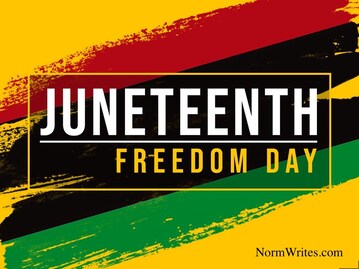
***
June 19th is an important date in American history, commonly known as Juneteenth. This cause for celebration marks the de facto independence day for African American slaves in the United States more than 150 years ago.
It was June 19, 1865, when US General Gordon Granger rode into Galveston, Texas, and shared the news that enslaved African Americans were now free.
That date still stands as a grand reason for celebration every year, often called Freedom Day or Emancipation Day. Every June 19th in communities across the U.S. there are parades, pageants, festivals, concerts, plenty of traditional food, and lots of cultural and historical education, all in the name of freedom.
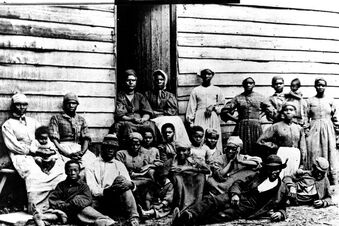
However, for many enslaved populations around the United States, nothing changed with Lincoln's historical document in Washington. That included 250,000 African American slaves in Texas who had no idea they'd been freed at all. Slave owners and those who were profiting certainly weren't in a rush to inform them or encourage their independence.
Of course, news traveled slowly in those days, and messages only disseminated by mail carrier. In fact, it took more than two months for Confederate soldiers in Texas to hear that General Lee had surrendered on April 9, 1865!
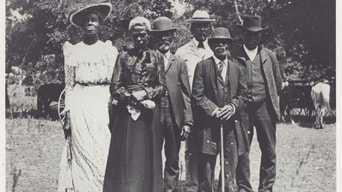
Most likely, Texas' slave owners delayed the news reaching their plantations so they could eke out another cotton harvest or two.
Either way, the Emancipation Proclamation just wasn’t practically enforceable in “rebel” states right after the Civil War, which ended in 1865.
That is, until the Union government sent a top General to Texas to make sure the new law was heeded. That's exactly what happened when General Granger rode there and publicly read General Order No. 3, which stated:
"The people of Texas are informed that, in accordance with a proclamation from the Executive of the United States, all slaves are free. This involves an absolute equality of personal rights and rights of property between former masters and slaves, and the connection heretofore existing between them becomes that between employer and hired labor. The freedmen are advised to remain quietly at their present homes and work for wages. They are informed that they will not be allowed to collect at military posts and that they will not be supported in idleness either there or elsewhere."
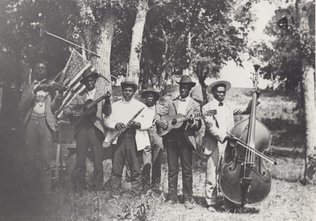
Being granted freedom didn’t mean that people were free, of course, and with no money or resources, many stayed on to become indentured servants with meager pay. But most wanted to be anywhere except Texas, so they left for northern regions en masse or tried to reunite with family, called “the scatter.”
In many cases, General Granger’s troops had to enforce the new order with military action. There are reports of outlaw plantations in Texas not actually freeing their slaves until 1868, almost three years later. Even with the law on their side in theory, many former slaves were beaten, lynched, and murdered as they tried to leave their plantations or the state.
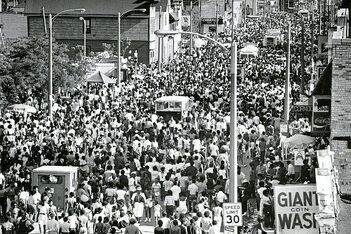
In the 1870s, a group of former slaves collected $800 and purchased 10 acres of land in Houston, establishing “Emancipation Park” where they could celebrate the new Juneteenth holiday safely. That park remained the only public park and swimming pool open to African Americans in Houston until the 1950s.
As the decades went by and slavery tragically turned into the Jim Crow era of segregation, Juneteenth celebrations usually were kept away from the public eye for fear of safety and racial mobs.
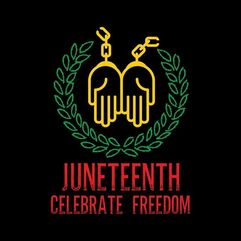
But Juneteenth was still (and is still) largely ignored by non-black communities. Texas was actually the first state to declare Juneteenth a holiday in 1980, but few states followed. California only declared Juneteenth a state holiday in 2002.
In fact, Juneteenth is still not a federal holiday in the United States, which I find shocking.
When Barack Obama was a Senator, he co-sponsored a bill that sought to make Juneteenth a national holiday, but it didn’t pass, and it still didn’t go through when he was President.
Still, there are plenty of grassroots supporters, such as Opal Lee, a 93-year-old woman who started walking from state to state to raise awareness for Juneteenth when she was a relatively young 90.
It just goes to show that the call for justice and the strength of the human spirit will always stand tall!
-Norm :-)
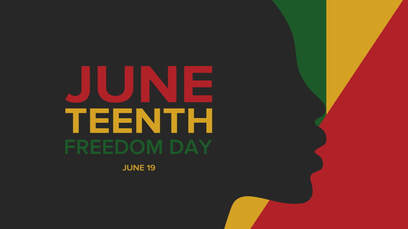
 RSS Feed
RSS Feed